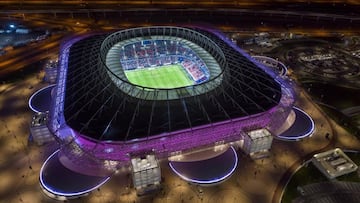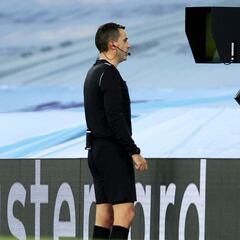Qatar committed to holding most inclusive World Cup ever
As part of the Supreme Committee's commitment to diversity and inclusion at the 2022 World Cup, the tournament's stadiums will come with facilities for fans with autism.

The Supreme Committee for Delivery and Legacy, the body responsible for organising the next World Cup, is committed to holding a tournament that meets the needs of fans with autism, as part of its efforts to make Qatar 2022 the most diverse and inclusive in the history of the event.
To this end, the Supreme Committee has worked with experts during the construction of stadiums to create what are known as ‘sensory rooms’ for autistic fans and their families, providing them with an ideal environment in which to enjoy the first World Cup held in the Middle East.
Sensory rooms will be an unprecedented experience in the history of the World Cup. They are not required by FIFA, world football’s governing body, but one of the Supreme Committee’s priorities is to organise an event where there are no obstacles to fans with autism and other neurobehavioural disorders attending matches.
Related stories
After the success of the sensory rooms made available for the 2017 and 2019 Emir Cup finals at Khalifa International Stadium and Al Janoub Stadium, respectively, a number of autistic children were able to watch the final of the 2020 Club World Cup in Qatar at Education City Stadium.
To ensure fans with autism enjoy a comfortable experience, sensory rooms are being equipped with all necessary features, such as noise-cancelling headphones, soft lighting and relaxing music, and interactive graphics on the walls and floors using light-projection technology. Sensory rooms have been included among the venues’ Sky Boxes, to facilitate the movement of individuals with autism between the stadium seats and the room.
